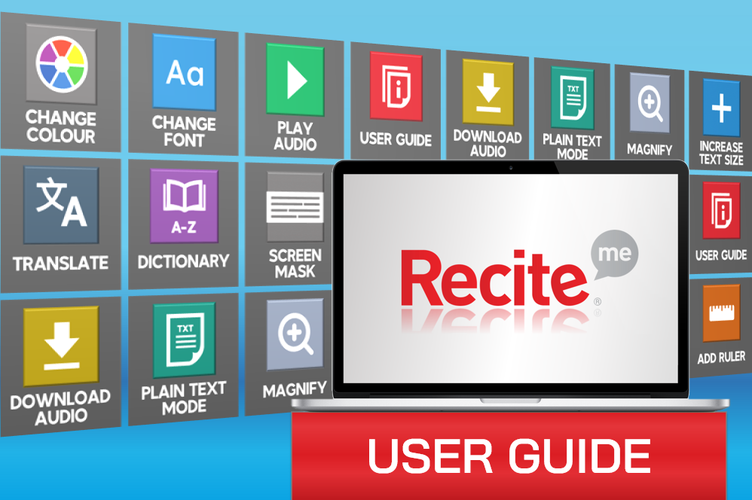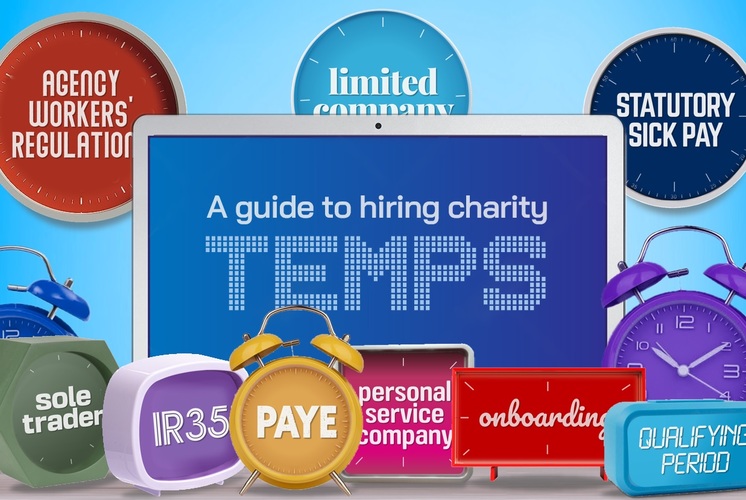 | The past year has been a fascinating and often frantic one in the world of Policy, Advocacy & Campaigns. Or to use the full title that was slightly too long for our homepage: Policy, External Affairs, Advocacy and Campaigns. Otherwise known as PEAC for short. But whatever you call it, the pace shows little sign of letting up. The UK’s increasingly politicised, politically volatile society (we won’t mention the ‘B’ word but you’re definitely thinking it), coupled with the rapidly-escalating climate emergency, has seen the growth and creation of single-cause campaigning organisations in significant numbers. That’s good news for things like employment opportunities in this field, if rather less so for just about everything else.  ► How have we defined small, medium and large charities? Click here for details.The problem with popularityJunior-level openings are consistently the most sought-after across the board, and a great many candidates are completing master’s degrees in the hope of getting their foot in the door of policymaking, influencing and campaigning organisations. But when high volumes of applicants meet limited numbers of posts, disappointment is inevitable for many, so persistence and a thick skin really are key here. With such fierce competition for junior vacancies, starting salaries can be a little on the low side, master’s degree or otherwise. Though many organisations do expect them for entry-level roles, particularly those with a research element. To balance out what’s often a fairly low starting salary, candidates expect to have clear opportunities for progression and the chance to make their voice heard, with input into matters like policy development. Faced with a world that seems unlikely to become any less polarised or politically charged for the foreseeable (probably quite fiery) future, many candidates predict ongoing and growing demand for solid PEAC professionals, and are factoring this into their long-term salary expectations.
The perfect blendCampaigning is a fairly broad and generalist term by nature, and titles such as Campaign Manager have a variety of meanings in different contexts, whether it’s political influencing, public awareness, supporter mobilisation or otherwise. Or indeed advertising, fashion, recruitment and many of the other forces of evil. In the context of PEAC however, campaigning positions, like most in this field, inevitably involve a great deal of crossover, and a high proportion of professionals have dual titles such as Policy and Programme Manager, for example, or Head of Policy and Campaigns. Vacancies with these sorts of titles regularly attract high numbers of applicants, who recognise the importance of well-rounded experience when it comes to climbing the ladder. As such, candidates with that golden mixture of, for example, policy and campaigns experience rather than pure policy, often find themselves in higher demand and can realistically command the upper end of an advertised salary bracket. But if their employers are paying at top-end rates, it’s worth remembering they may expect rather more for their money. Curiously however, while there’s fierce competition for PEAC vacancies at most levels, there’s something of a lull when it comes to mid-management, with few applications to even-fewer available vacancies. That’s because these roles are often seen as the first real opportunity to lead and make a tangible impact, particularly after a few years in officer/executive level positions. So it’s common for staff to stay put for several years in these positions, in order to make a name for themselves.
Cause beats cashAll that said, it’s rarely all about the money in campaigning, but rather the cause. For many candidates, the chance to work on a specific campaign under the umbrella of a specific cause has greater appeal, regardless of salary, than a more lucrative but ultimately less inspiring role. This doesn’t mean their passion need only be rewarded with peanuts: they might be highly committed and motivated, but very few places accept strongly-held convictions as a payment method (we’ve tried), so reasonable remuneration is definitely required. And while modest starting salaries are often expected, smarter organisations don’t see them purely as a chance to cut costs, but an opportunity to attract and retain some of the most motivated and cause-driven people in society. Contact your specialist consultantIf you'd like to know more about the market in your particular field, discuss recruitment requirements or potential career opportunities, why not talk to our specialist?
► Find out more about our work in Policy, Advocacy & Campaigns
Download the full 24-page 2019 Salary Report
| |||||||||||||||
Policy, Advocacy & Campaigns ►
| ||||||||||||||||


























